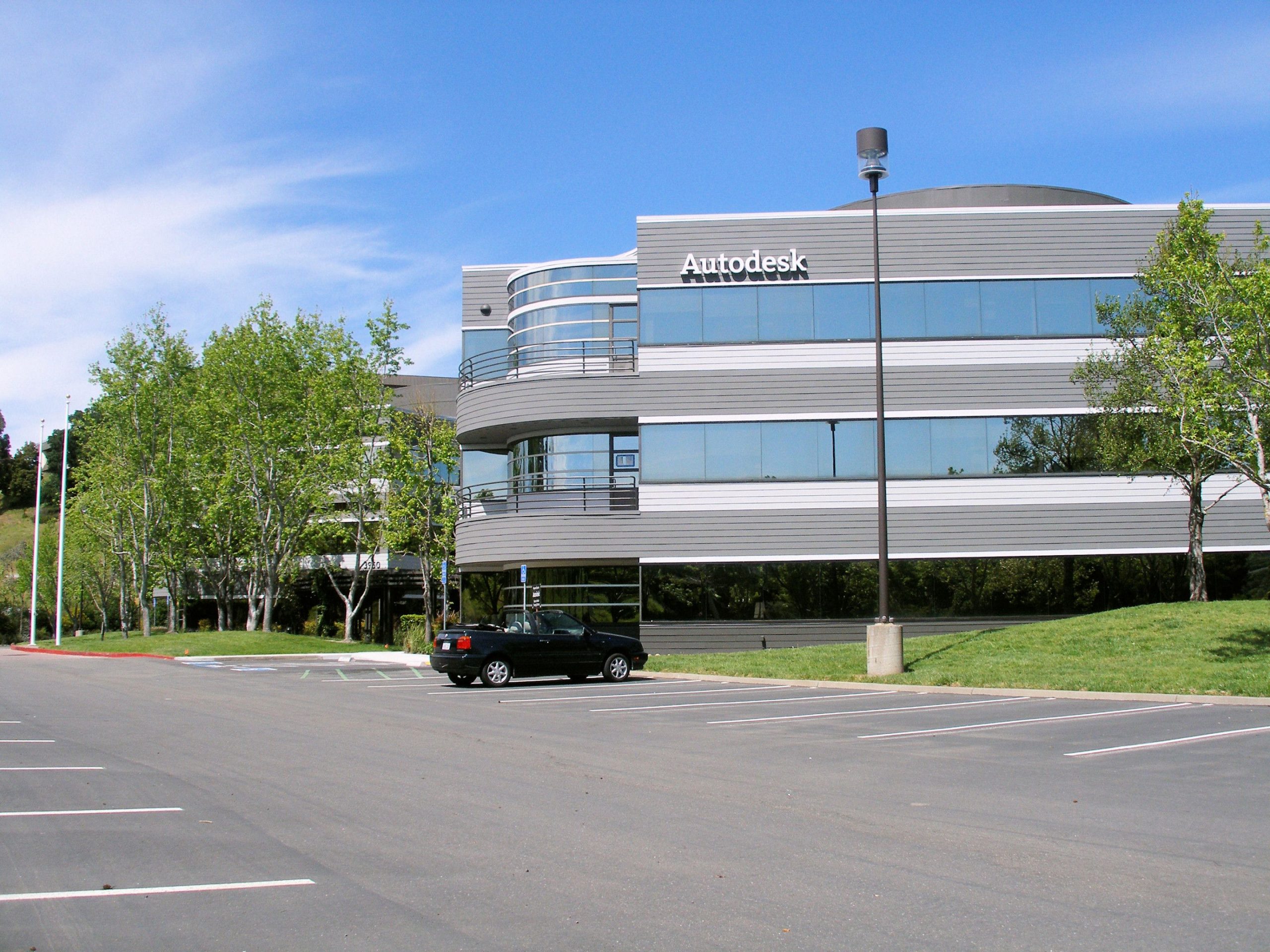A group of 25 largely United Kingdom-headquartered architecture firms including Grimshaw, Zaha Hadid Architects, Wilkinson Eyre Architects, and Rogers, Stirk, Harbour + Partners have sent Andrew Anagnost, president and CEO of Autodesk, a five-page open letter censuring the Silicon Valley-based design software and services giant for the mounting ownership costs—an increase as much as 70 percent over a five-year span through the end of 2019—of its central BIM product, Revit.
Meanwhile, the letter states that development of Revit has remained mostly stagnant and that firms dependent on the aging software (it’s now 20 years old) have been faced with, among other things, ever-changing licensing models, aggressive sales tactics in enterprise licensing, and a lack of understanding of the business dynamics within the industry that the company serves.
Together, the firms represent $22 million in spending on Autodesk products and services over the past five years. While 25 firms in total supported and helped to conceive the letter, only 17 publicly signed, out of fear of potential retribution from Autodesk.
“Even before the Covid‐19 pandemic costs were under significant scrutiny and the value added by software vendors is now being questioned as never before,” reads the letter, which came together after IT directors and digital design heads from the firms in question responded to a nine-question survey on Autodesk and the Revit Platform.
“Practices would be less worried by these cost increases if they were mirrored by productivity improvements and a progressive software development program. Where once Autodesk Revit was the industry enabler to smarter working, it increasingly finds itself a constraint and bottleneck. Practices find that they are paying more but using Revit less because of its constraints.”
Among the questions on the aforementioned survey, which was conducted in June 2020, were:
- “The Revit platform has seen major development investment in the last 5 years and warrants the substantial increase per head in licence costs and subscriptions.”
- “Despite being 20‐year‐old Revit meets the industry needs now and for the foreseeable future. Current development initiatives are well communicated and are progressing successfully and are well resourced to meet future industry needs and should be realised in the near future.”
- “Autodesk has a clear vision and roadmap for the future of its digital design platform built upon a culture of partnership with its customer base.”
- “Autodesk is a trusted partner that has empathy with our business dynamics and the need for the security of our intellectual property we have no issues in utilising Autodesk cloud tools for internal and external collaboration.”
A graph included in the letter shows that responses to each question registered no higher than a 3 with 1 “being strongly disagree” and 10 being “strongly agree.” The letter also responds to each question with short summaries based on the responses of each firm.
The letter concludes by imploring Autodesk to deliver a “customer-centric, non‐adversarial, innovative, progressive, and deliverable” plan of action that includes—but is not limited to—a commitment to cost stability; a research and development commitment tailored to the unique needs of the architecture and design community; a willingness to establish a cultural partnership with its customers based on “trust, empathy, and respect;” and first and foremost, “a vision, roadmap and investment strategy that targets adding value and performance for design-based organisations that prioritises the replacement of Revit from the ground up to reflect the functionality needed for a 21st-century digital industry.”
As architecture and design firms struggle to find their financial footing during the coronvirus pandemic, Autodesk has seen its stock soar by 62 percent in recent months. Just last week, the company announced it had acquired AI-based construction software platform Pype.
The letter’s creators are now inviting other architecture firms to join as signatories if they wish. (Interested parties are encouraged to contact enquiries@godwinconsulting.net to sign and be included in a response). AN will update this post if or when Autodesk issues a response.
